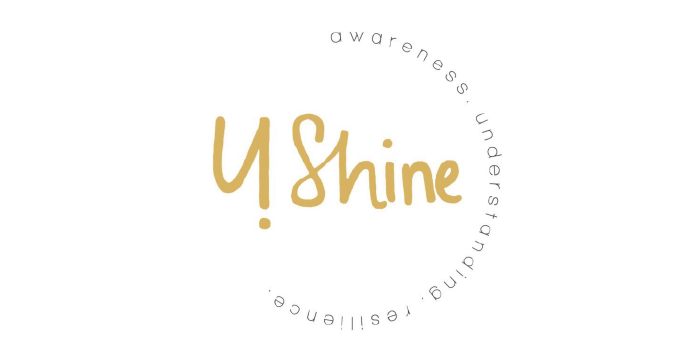Students in the Oklahoma Christian University community are struggling.
The campus has lost two students in the span of a month. The loss of Isaac Neff stunned the community last week. This followed the death of Aliyah Masumbu, a student who passed away unexpectedly on Christmas Day.
Nationally, the concept of mortality has weighed heavily on people’s minds. NBA legend Kobe Bryant and his 13-year-old daughter Gianna were killed in a tragic accident, shocking the world. One of the greatest athletes of the 21st century was gone at just 41.
These heavy topics, added onto a busy class schedule, working a job, staying social and maintaining one’s spiritual life can emphasize the mental health struggle which face many students.
According to Mental Health America, 46% of Americans will meet the criteria for a diagnosed mental health condition in their lifetime. Specifically, 39% of college students experience a significant mental health issue, reports Active Minds.
Most alarmingly, suicide is the second leading cause of death among young people ages 10-34, according to the National Alliance on Mental Health.
Oklahoma Christian has resources for all students in order to have access to mental health care and advice.
Cade Deister, a student research assistant and coordinator for the student leadership team for U!Shine, spoke with the Talon about mental health resources on campus.
“If [someone] is aware of a mental health problem and they are wanting to take steps, they should go first to the counseling center,” Deister said. “If someone is really, deeply struggling, they need help for more serious issues.”
The Oklahoma Christian counseling center “provides a wide range of therapeutic interventions for Oklahoma Christian students,” including counseling and psychological services for personal issues, crisis intervention and personality and psychological assessment.
However, there are more resources available to students. U!Shine is an organization on campus dedicated to “providing mental and emotional health prevention-based education” to students on campus.
U!Shine offers 14 U!Shine conversations, which give students more information about mental health issues like anxiety, depression or helping friends with mental health.
Deister said a key element of mental health is looking out for those in your community and watching for warning signs which might point to someone’s mental health struggles.
Individuals who suffer from anxiety may lack good sleep, grow withdrawn from their social life or feel an exaggerated amount of stress for daily activities such as going to class, attending church or doing their job.
“For example, it’s understandable to be stressed for a test, but some people who study still get that test anxiety,” Deister said. “If it’s a quiz and they are freaking out about doing poorly on a quiz, which has fewer questions and points, that could be a sign of anxiety.”
Warning signs of depression include a persistent sad, anxious or empty mood, irritability, hopelessness, changes of appetite, a general decrease in energy or disinterest in hobbies or activities.
“Let’s say your friend usually plays guitar a lot and they kind of stopped doing that, but it’s not because they’re too busy, it’s because they don’t feel the drive to do those things,” Deister said. “Patterns like that are symptoms of depression.”
Warning signs of suicidal thoughts include an individual giving away a lot of their items, randomly expressing their appreciation for others or no longer attending classes for an extended period of time.
For interacting with friends with suicidal thoughts, Deister said the counseling center recommends a system called QPR which stands for question, persuade and refer.
“Ask people how they are doing; ask people if something is going on,” Deister said. “It’s OK to be a bit confrontational. People will get defensive, but if they are really struggling and feel like no one is really reaching out to them, sometimes reaching out to them in that way is better than letting those people who are really struggling be responsible for [themselves].”
While U!Shine helps students build healthier habits and receive information and advice about mental health, it is not designed to take the place of professional care.
“U!Shine is a great tool for awareness, but it is not a counseling service,” Deister said. “If someone is really, deeply struggling and they need help for more serious issues, they should seek the counseling center before anything else.”
For more information about the counseling center, visit their website.












Be First to Comment